
On 1st of August, bro Chui En from SIBKL was invited to share with the School of Ministry (SOM) participants about stewardship of money, at Breakthru’ Worship Community Church (BWCC) in Bandar Sri Permaisuri, Cheras.
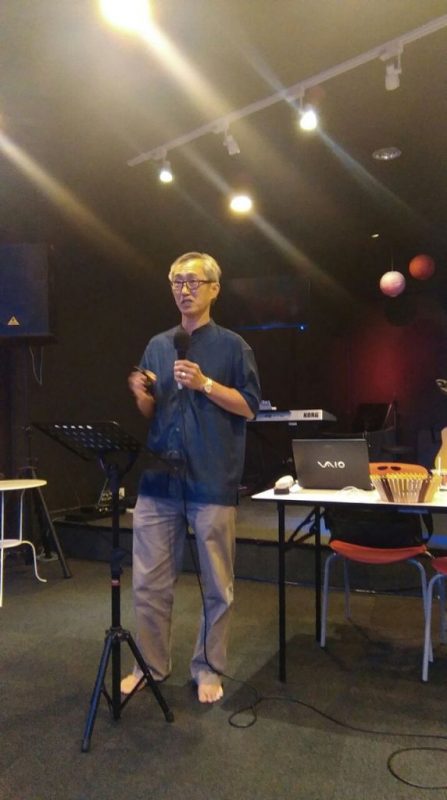
SOM is a one-month stay-in discipleship program. During that time, various pastors and speakers will be invited to teach and train the participants in various biblical truths. Besides the lectures, the participants will be involved in various practical ministries, such as worship leading, feeding the homeless, street evangelism, Sunday school, etc.
There are many such programs but this is uniquely in the National Language, with a heavy emphasis on tribal East Malaysians. This discipleship-focused program was first started by Pastor Ong in 2011. The participants came from various universities and colleges, and it was held in Cheras, KL during their semester breaks (usually July-Aug). It was then expanded to school-leavers (Jan-Feb), held simultaneously in Kuching, Miri, Lawas, and Kota Kinabalu. There are plans to actively expand it to other cities and hold it at other times.
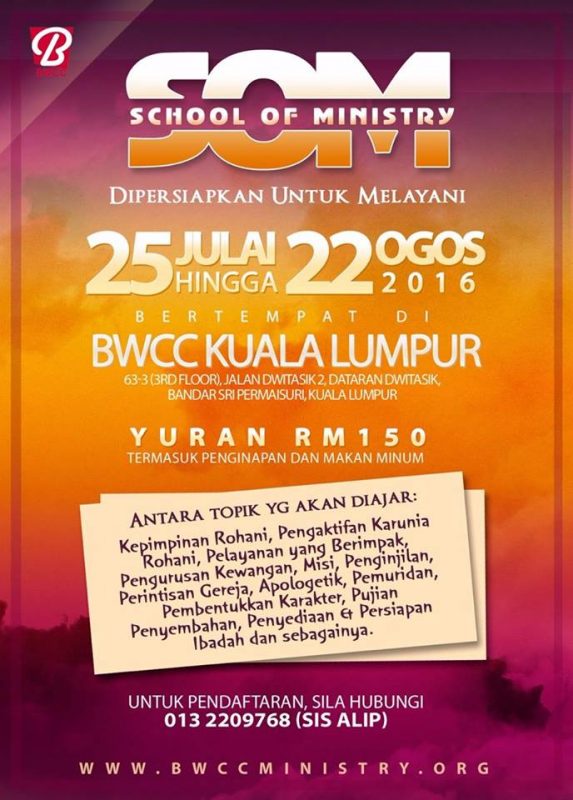
#1 Trust
Firstly, all things belong to God. ‘The heavens are Yours, the earth also is Yours’ (Psalm 89:11a). Therefore, we are called as stewards, not owners. God entrusted His resources to invest on His behalf, and He expects a return (Matthew 25:14-30).
What are the characteristics of a person with integrity? The Bible give us many clues. For example, an overseer as ‘God’s steward’ must be above reproach and not be arrogant, quick-tempered, drunk, violent or greedy for gain’ (Titus 1:7). Also, a ‘faithful and wise manager’ is called to give his employees their salaries at the proper time (Luke 12:42).
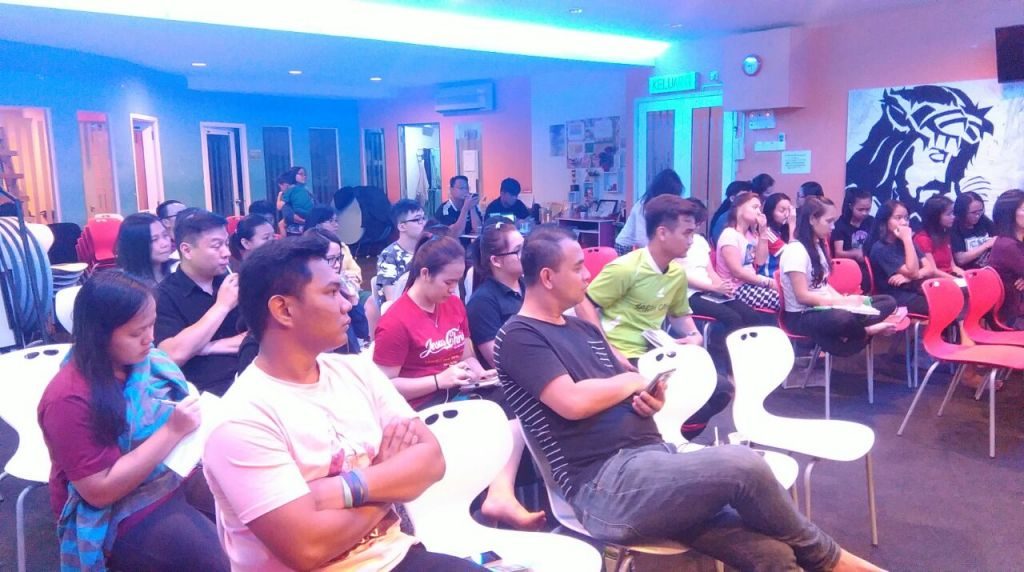
#2 Tool
Secondly, money is only a tool to further God’s Kingdom. Money is not the end to its means.
We are called to ‘keep our lives free from the love of money’ and be content with what we have (Hebrews 13:5).
While money is good as a tool for many purpose, ‘the love of money is the root of all kinds of evil’ (1 Timothy 6:10).
#3 Test
Thirdly, the way we handle our worldly riches will determine how much God will entrust His true riches to us. ‘Whoever can be trusted with very little can also be trusted with much, and whoever is dishonest with very little will also be dishonest with much’ (Luke 16:10).
It is a test of the condition of our heart. ‘For where your treasure is, there your heart will be also’ (Matthew 6:21).
The way we handle our money (or worldly riches) will determine how much God will entrust His true riches to us. If we have not been trustworthy in handling worldly wealth, who will trust us with true riches (Luke 16:11)?
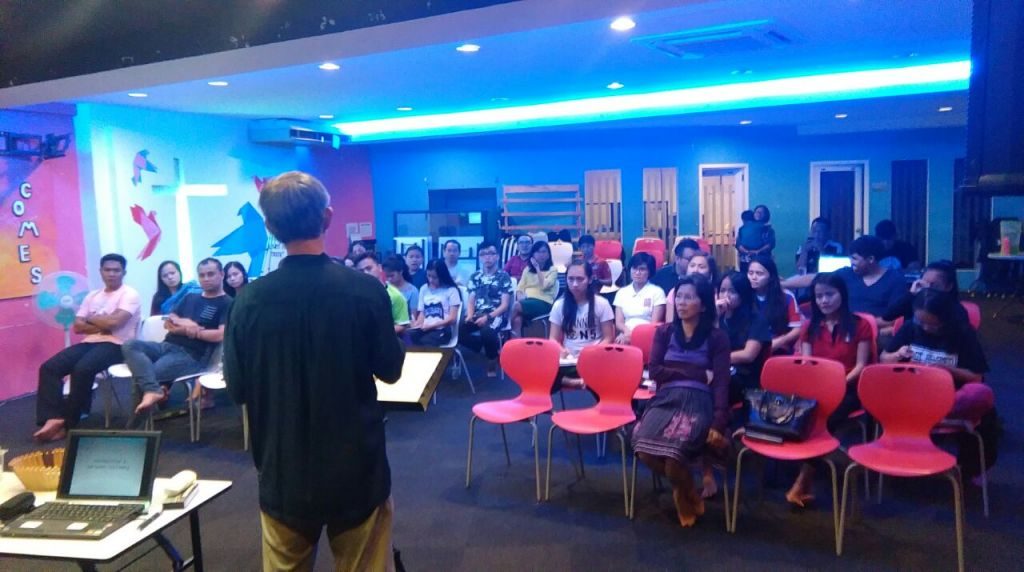
Practical Management of Money
#1 Assess your expenditure
Bro Chui En advised us to to keep and record our expenditure, to see where and how we spend our money.
How we spend our money shows what is important to us. If we love pleasure and wine, we will be poor (Proverbs 21:17). Also, we are warned to guard against covetousness (Luke 12:15), which drives unnecessary spending, just to measure up.
Also, how we manage and use our possessions on earth matter to God. We are called to lay treasures for eternity, ‘where neither moth nor rust destroys and where thieves do not break in and steal’ (Matthew 6:19-21).
#2 Set some goals
It is good to honor the LORD with our wealth and the firstfruits of our gains (i.e. salary), for it comes with a promise that God will fill our storage with plenty of resources (Proverbs 3:9-10).
Also, we are to set aside our tithes for the church, especially the poor. ‘For whoever is generous to the poor lends to the LORD, and He will repay him for his deed’ (Proverbs 19:17).
Saving is important as well (Proverbs 13:11), especially in preparation for the rainy day (Proverbs 6:8). An ant is worthy of us following it’s example, as it ‘stores its provision in summer and gathers its food at harvest’ (Proverbs 6:6-8).
Determine in your heart not to be in debt, for ‘the rich rules over the poor, and the borrower is the slave of the lender’ (Proverbs 22:7). Find ways to clear your debts as soon as possible.
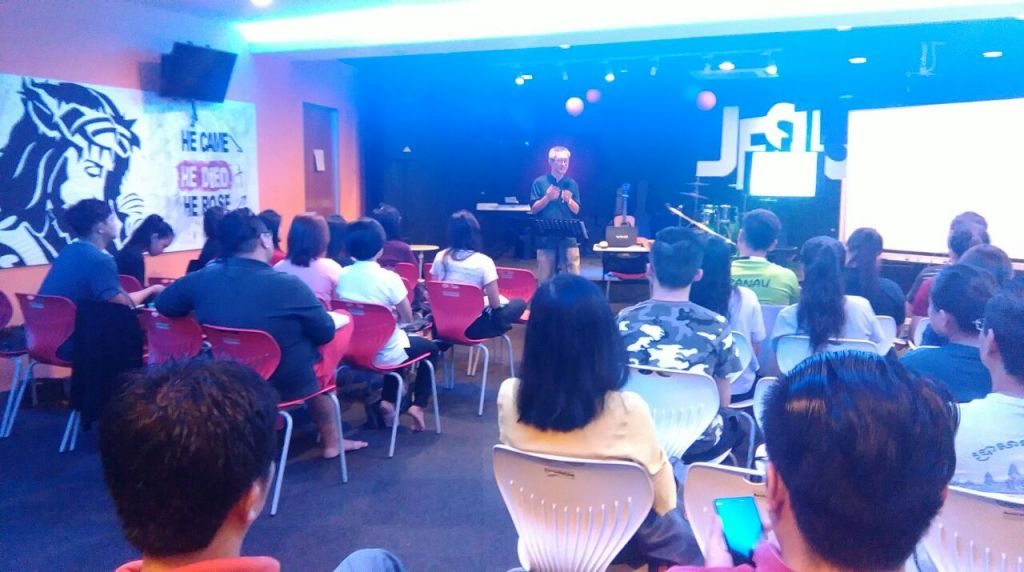
#3 Exercise some faith
The Bible is filled with assurance that God is faithful (Psalm 119:90, 1 Corinthians 1:9). Yet, we only experience God’s faithfulness when we exercise our faith.
Know that God’s economy differs from this world’s economy. His eyes are always on the needs of the people, especially those who are poor. Scripture says that those who freely scattered their gifts to the poor have their righteousness endure forever (2 Corinthians 9:9).
When we use our gifts (i.e. money, talents, skills) for the poor, God will greatly multiply our work. For example, Jesus multiplied the meagre five loaves and two fish to feed 5000 people (Luke 9:13-17). Yet, before God can multiply, the disciples need to have something for God to multiply first. Often, God likes to use what He has placed in our hands.
Therefore, we are called to step out of our comfort zone and exercise some faith.
Ministry to help the Indigenous Church to be Economically Sufficient
Based on biblical stewardship of money, bro Chui En shared about Business for Transformation (B4T) ministry.
B4T is a ministry founded specifically to enable the indigenous church to be economically self-sufficient and assume a leading role in the Malaysian church.
To achieve this, B4T works with business professionals to partner with local entrepreneurs (from the indigenous church) to undertake profitable business for the economic, social, environmental and spiritual transformation of indigenous communities.
Hence, if you are interested to join B4T as an entrepreneur of the indigenous church or business professional to help this community, please contact Pastor Ong at 017-350-9175.
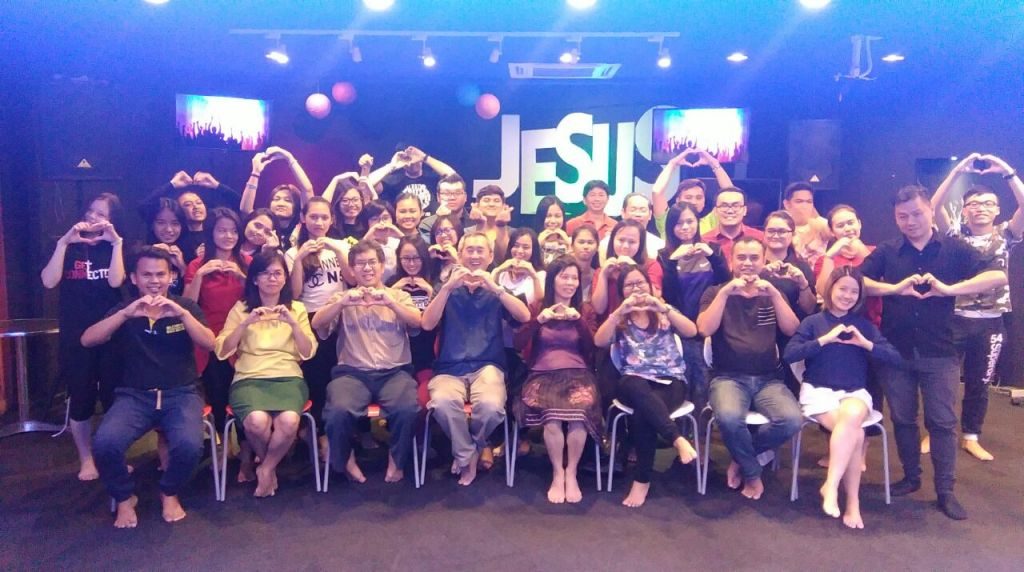
Management of Resources other than Money
#1 Mysteries of God
Besides, money, we are called to be ‘servants of Christ and stewards of the mysteries of God’. Not only that, ‘it is required of stewards that they be found faithful’ (1 Corinthians 4:1-2).
#2 Gifts from God
It is interesting that James says, “Do not be deceived, my dear brothers and sisters. Every good and perfect gift is from above, coming down from the Father of the heavenly lights” (James 1:16-17a-b).
The truth is, everything we have – visible and invisble talents, gifts, and skills – are given by the Lord (Matthew 25:14-30). Therefore, none of us can boast of what we have, since all come from God. Can I boast of something I receive? But whatever we have in this life should result in thanksgiving to God.
Therefore, ‘as each has received a gift, use it to serve one another, as good stewards of God’s varied grace’ (1 Peter 4:10). Gifts are given to serve others and not ourselves. Like a tree, we are called to bear fruits not for our own consumption, but the consumption of others.
Isaiah 11:2-3 speaks of the seven gifts including the Spirit of wisdom, understanding, counsel, might, knowledge, fear of the Lord, and discernment.
Paul also mentioned about nine gifts of the Holy Spirit including a message of wisdom, knowledge, faith, heaing, miraculous powers, prophecy, distinguishing between spirits, speaking in different kinds of tongues, and interpretation of tongues (1 Corinthians 12:7-10).

#3 God’s grace
When Paul was a prisoner, he wrote of the stewardship of God’s grace given to him for the church of Ephesus (Ephesians 3:1-2). What does he mean by God’s grace?
Grace appeared in the person of Jesus Christ, who offered a way for Gentiles to be fellow heirs of Christ’s promises through faith (Ephesians 3:4-6; 11-12). It was God’s grace that strengthen Paul to continue preaching the gospel – despite his suffering (2 Corinthians 11:24-28).
For God says to Paul, and also to us, “My grace is sufficient for you, for my power is made perfect in weakness” (2 Corinthians 12:9). It is in our weakness, that the power of Christ may rest upon us (2 Corinthians 12:9).
Conclusion
Hence, in our finite life on earth, we are to give account of how we use the resources (i.e. money, time, energy, talents, skills, abilities, etc) on earth (Romans 14:12).
Let us then be faithful with what have been entrusted to us, and we may hear the words by God, “Well done, good and faithful servant! You have been faithful with a few things; I will put you in charge of many things. Come and share your master’s happiness” (Matthew 25:23)!
| Share the Good News |



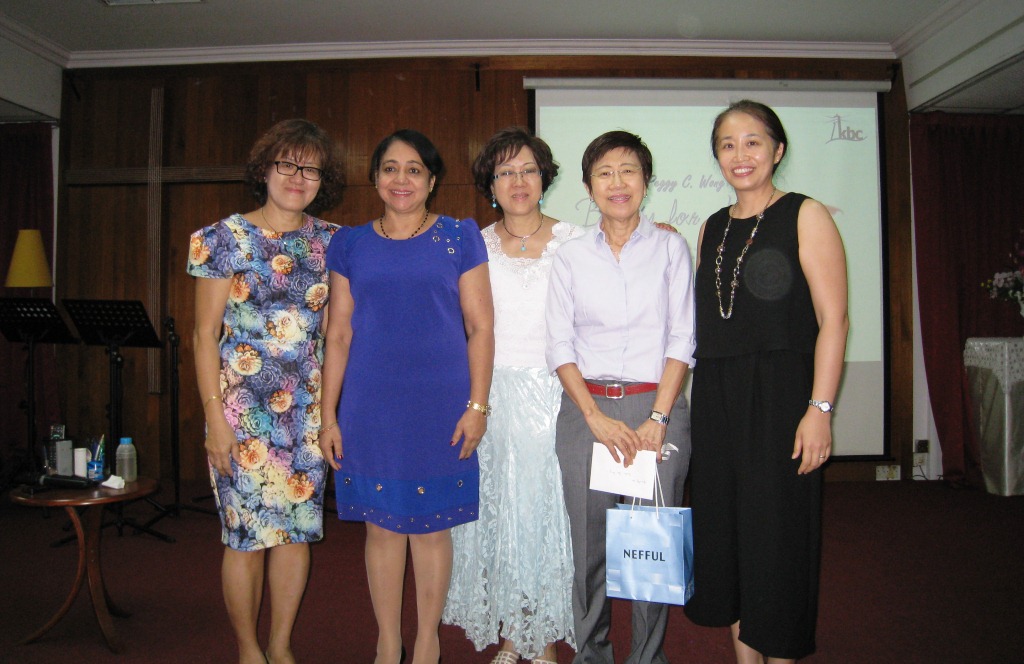
Leave a Reply